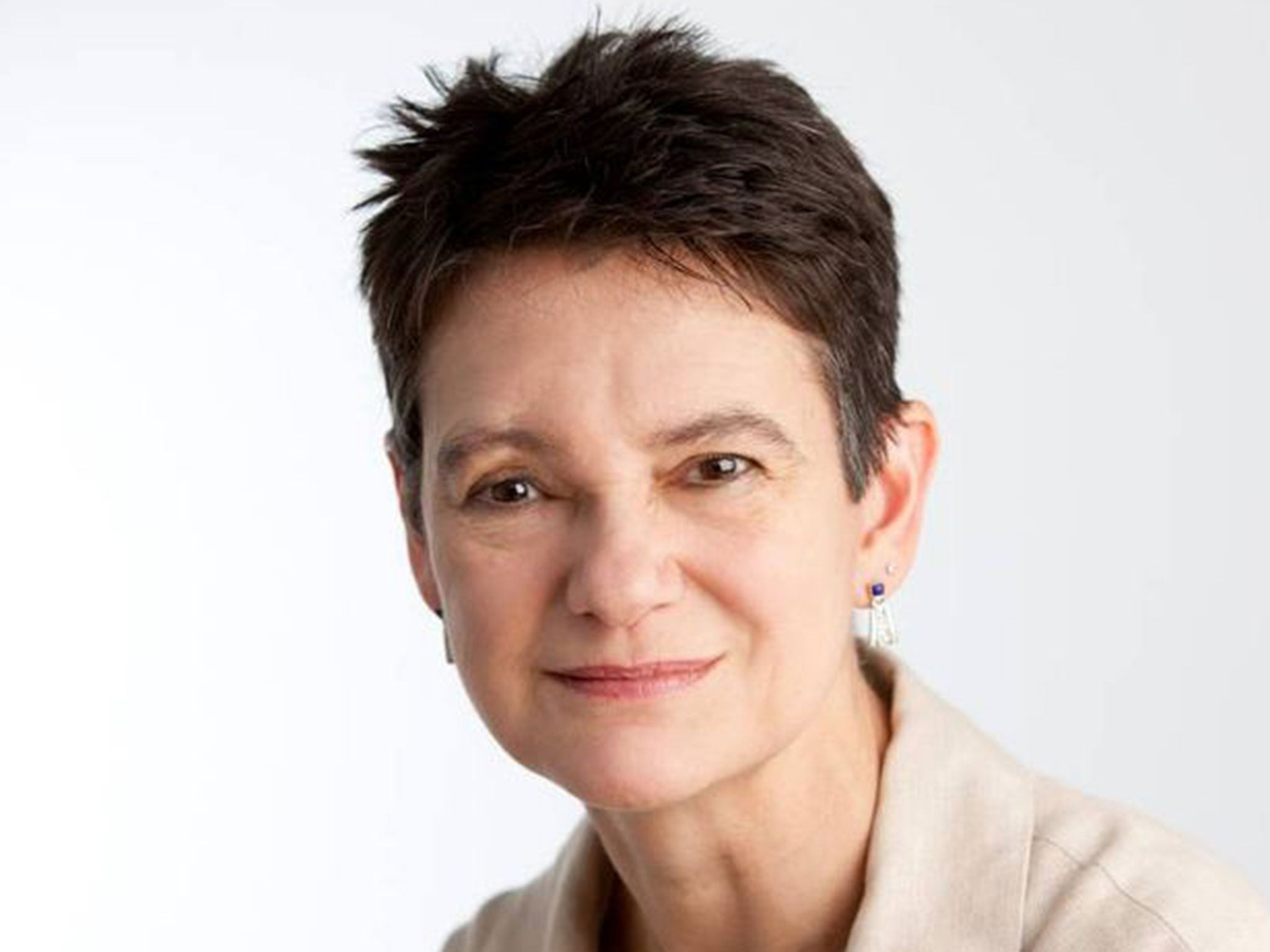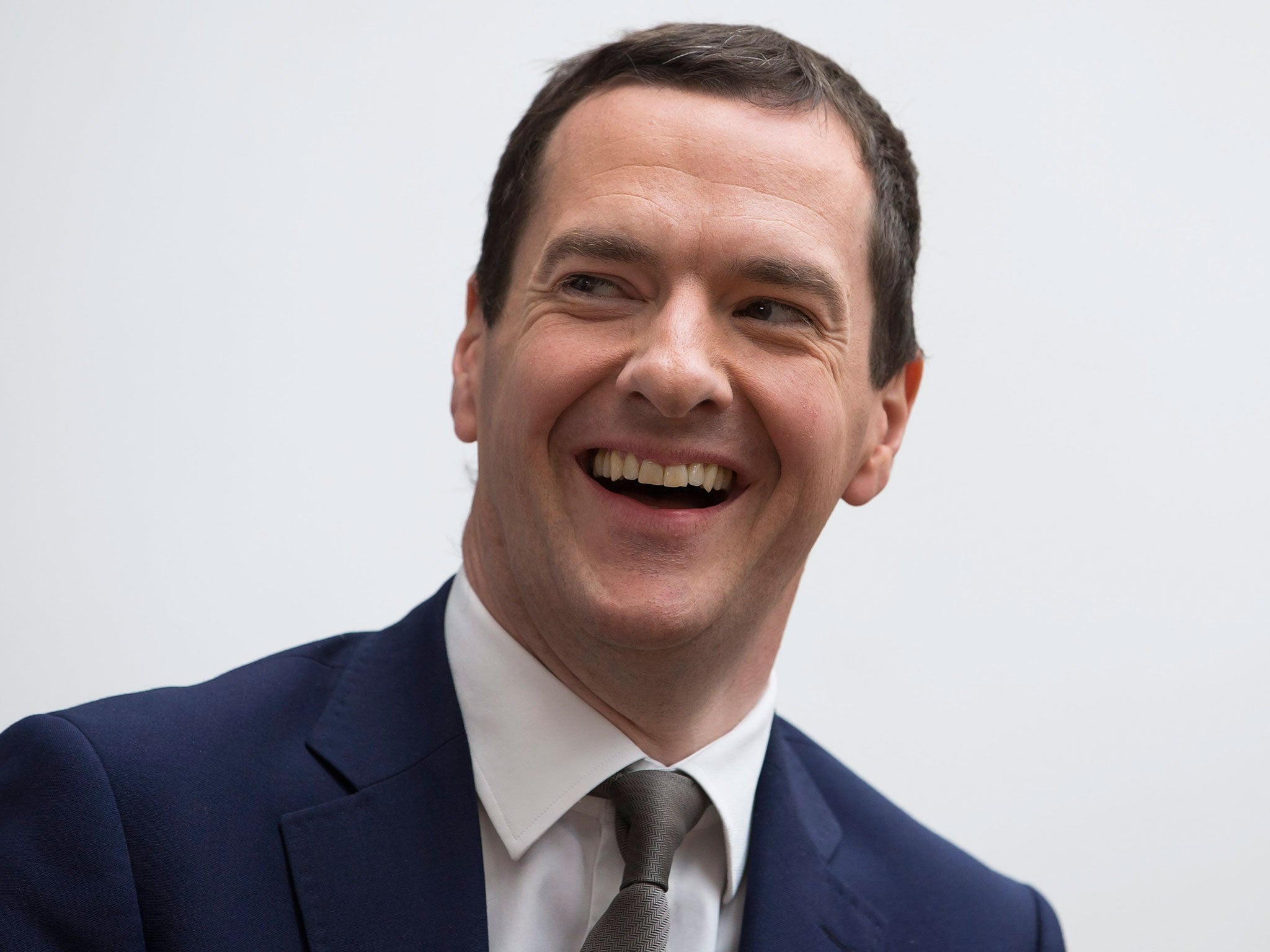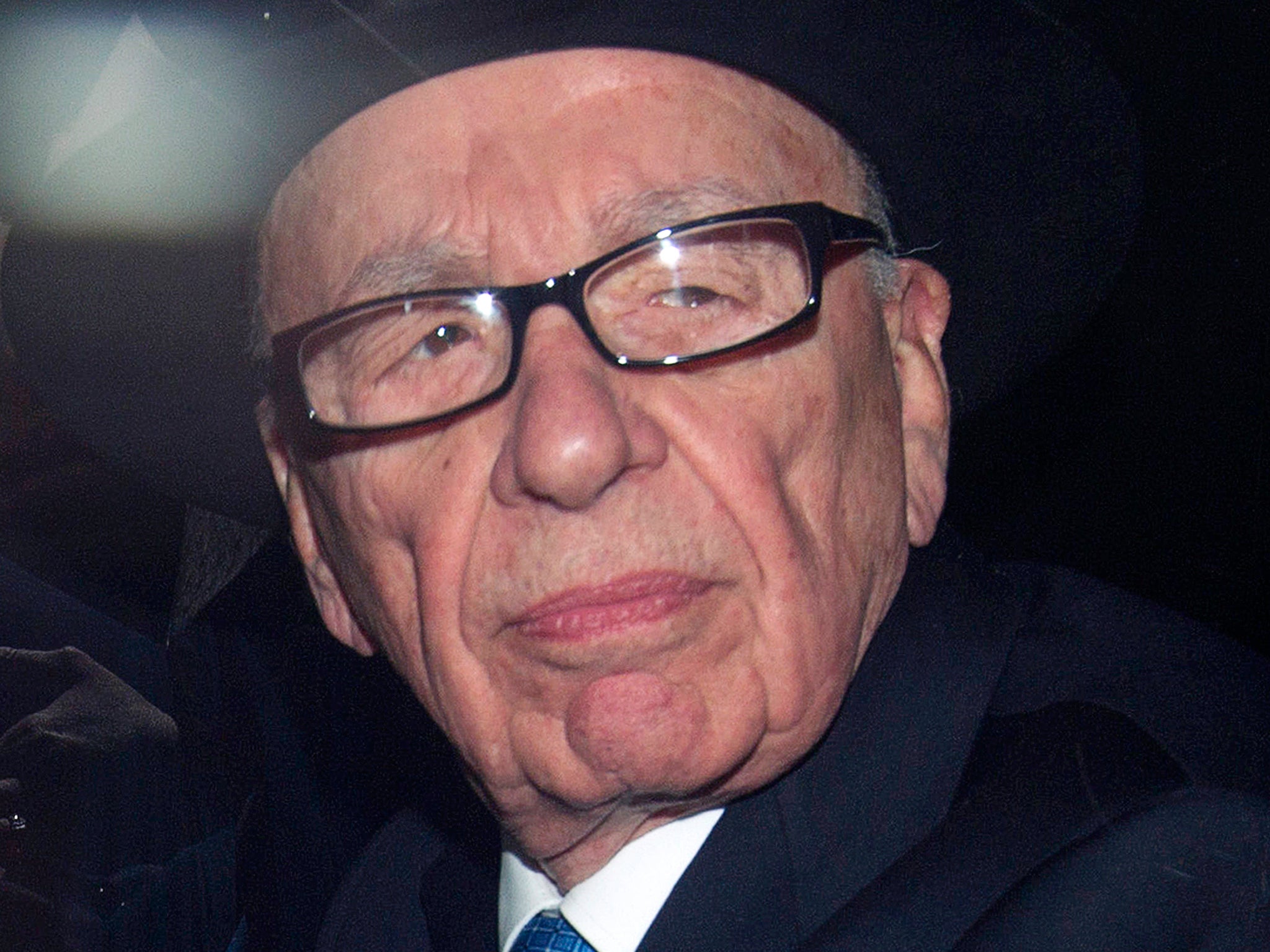Diane Coyle: Former vice-chair of BBC Trust says licence fee payers deserve to know how organisation will be funded in future
UK taxpayers are entitled to know the details behind any government decision on the corporation’s future funding, says Coyle

Your support helps us to tell the story
From reproductive rights to climate change to Big Tech, The Independent is on the ground when the story is developing. Whether it's investigating the financials of Elon Musk's pro-Trump PAC or producing our latest documentary, 'The A Word', which shines a light on the American women fighting for reproductive rights, we know how important it is to parse out the facts from the messaging.
At such a critical moment in US history, we need reporters on the ground. Your donation allows us to keep sending journalists to speak to both sides of the story.
The Independent is trusted by Americans across the entire political spectrum. And unlike many other quality news outlets, we choose not to lock Americans out of our reporting and analysis with paywalls. We believe quality journalism should be available to everyone, paid for by those who can afford it.
Your support makes all the difference.The former vice-chair of the BBC Trust has criticised the Treasury’s delay in making public all ministerial contacts with leading media executives, saying that “no decision on the BBC’s future funding should be made without proper due process.”
Diane Coyle, a former Treasury economist who spent eight years as a BBC trustee, including a year as its acting chair following the departure of Lord Patten, said UK taxpayers who had paid for the BBC for the last 90 years, were entitled to know the details behind any government decision on the corporation’s future funding.
Dr Coyle’s call for transparency by the Treasury follows a letter sent to George Osborne by the Shadow Culture Secretary, Chris Bryant, which asked for the “fast-tracked” release of official data on meetings, including a list of all meetings, correspondence or phone calls that the Chancellor has had with Rupert Murdoch since May’s general election.
Mr Osborne is under pressure to reveal if he held a private meeting with Rupert Murdoch, the global head of News Corp before the BBC were informed that a £650 million cut in the Corporation’s funding would be announced in the July’s summer budget.
Sources told The Independent that the Osborne-Murdoch meeting, understood to have been in Downing Street, took place in late June before the BBC’s Director-General, Lord Hall, was informed of the government’s plan to shift financial responsibility for free TV licences for the over-75s from the Department of Works and Pensions to the BBC.

Dr Coyle called the Treasury’s decision on the BBC “profoundly unconstitutional” saying the licence fee was being quietly redefined as a tax. She said the “raid” on BBC funding could result in closures across the Corporation’s businesses. She equated the scale of the loss - £650m - as the equivalent of losing BBC 2’s budget, all of BBC network radio, or all of BBC3, 4 and Radio 5 and 6, plus all the BBC’s local radio operations.
Although the Treasury are officially required to publish quarterly details of ministerial meetings, Mr Bryant’s letter told the Chancellor that there was a “public interest” in this information being published straight away because of the economic benefits that could come to News Corp and other media competitors from a shrunken and less powerful BBC.

Last night the Treasury said there was no change to the previous position and that details of the Chancellor’s meetings in June would be published “in due course.”
News UK, the print division of Mr Murdoch’s British operations, said the letter from Mr Bryant to Mr Osborne had not altered their previous position. A spokeswoman for the company said that details of Mr Murdoch’s private meetings were not made public.
Among the senior ranks of the BBC, the alleged meeting between Mr Osborne and the News Corp did not appear to come as a shock. The Independent has learned a letter send to Lord Hall by the Culture Secretary, John Whittingdale, informing him of the funding cut, was merely CCd [copied] to the chair of the BBC Trust, Rona Fairhead.
One BBC insider said “This was rude and insulting, but it demonstrates how the Treasury, who are directing these changes, now regard the governance of the BBC.”
Join our commenting forum
Join thought-provoking conversations, follow other Independent readers and see their replies
Comments